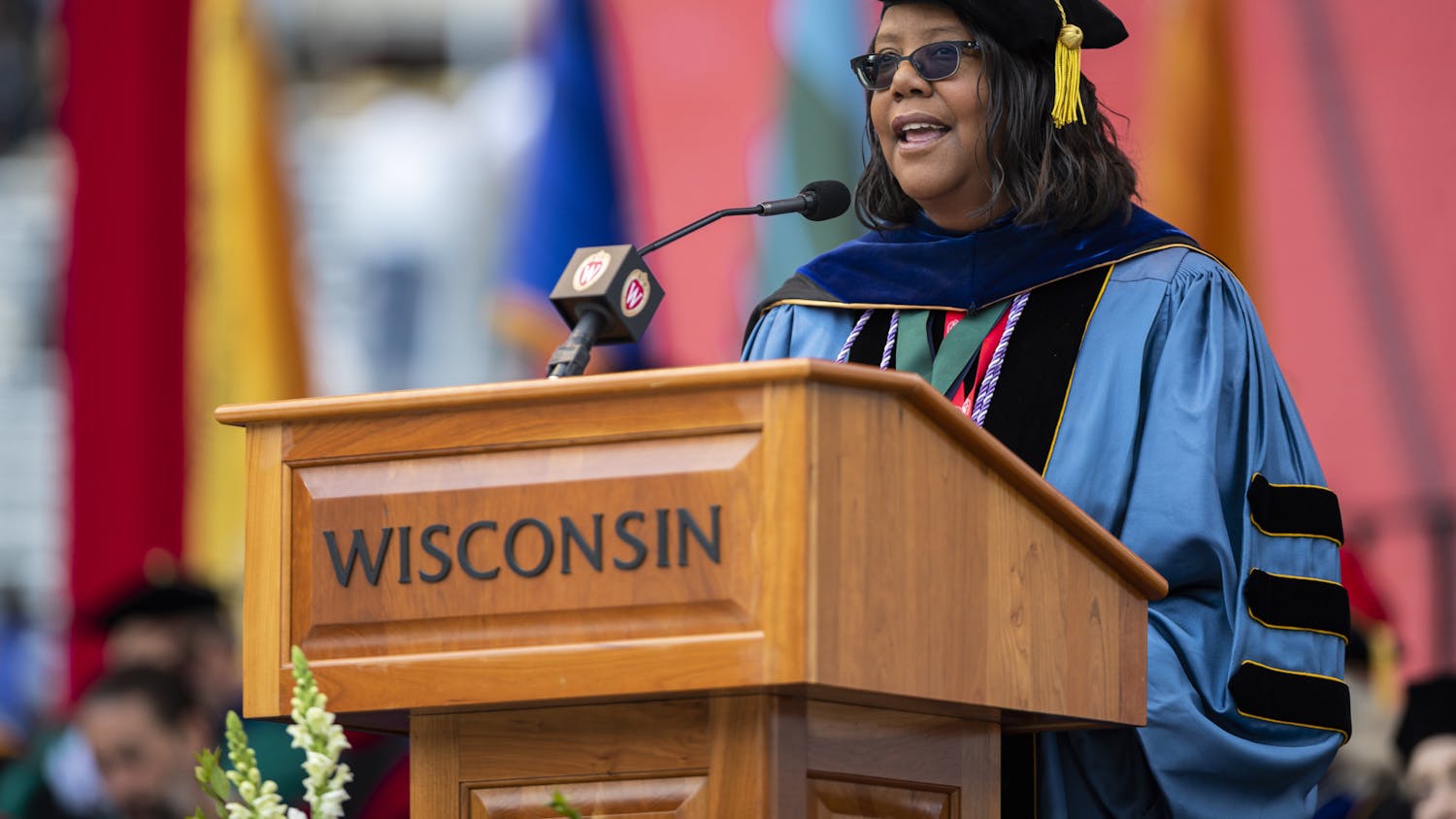The federal minimum wage in America has been stuck at $5.15 per hour since the last Congressional raise in 1996, which increased workers minimum wages by 90 cents.
States were given the right in the Clinton era to set their own minimum wage above the federal minimum, and many have chosen to do so, such as the $5.90 minimum wage given in Wisconsin. [see dol.gov/esa/minwage/america.htm for a full listing of every state.] Some states have wages set much higher, approaching and surpassing $7 an hour.
Such an increase is where many citizens and politicians see the minimum wage headed: incoming Speaker of the House Nancy Pelosi, (D-CA) has already listed an increase in minimum wage as one of the first issues that Congress would address, and U.S. Sen. Edward Kennedy, (D-MA) said increasing the federal minimum wage to $7.25 would be a top priority, according to abcnews.com.
How likely is such a raise? President Bush has signaled readiness to discuss the issue of a federal minimum-wage increase as well as other Democratic priorities, but the time line as of yet remains unclear.
According to political science professor John Coleman, ""The basic rule is that whichever minimum wage is higher, the state or the federal, is the one that would apply to businesses. There have been some businesses exempt from previous federal wage increases, so it's possible that would happen again.""
Opponents of a federal minimum-wage increase claim such raises destroy job creation because employers hire fewer entry-level workers in order to balance the expense of higher wages.
A 1998 study by the Economic Policy Institute failed to find any ""systematic, significant job loss associated with the 1996-'97 minimum wage increase,"" according to www.epi.org. EPI also reports that ""an estimated 14.9 million worker (11 percent of the workforce) would receive an increase in their hourly wage rate if the minimum wage was raised from $5.15 to $7.25 by 2008. Of these workers, 6.6 million workers currently earn less than $7.25 and would be directly affected by an increase.""
What effect would this increase have on student workers, such as those leaving UW-Madison?
""As a practical matter, student workers probably wouldn't be too heavily impacted because they are, in many cases, making more than the proposed new federal minimum wage already,"" Coleman said. ""Students under 20 in Wisconsin have a lower minimum wage but, again, many make wages over that amount, especially in urban areas.""
Wisconsin currently has the higher minimum wage of $6.50 for adults over 20 years of age.
The perceived need for a federal increase is rooted in inflation. The minimum wage has not been augmented in almost 10 years, and the $5.15 it offers has slowly been decreasing in value. According to EPI, the $5.15 wage today is equivalent to $3.95 in 1995, which is lower than the $4.25 minimum wage before the 1996 increase.





